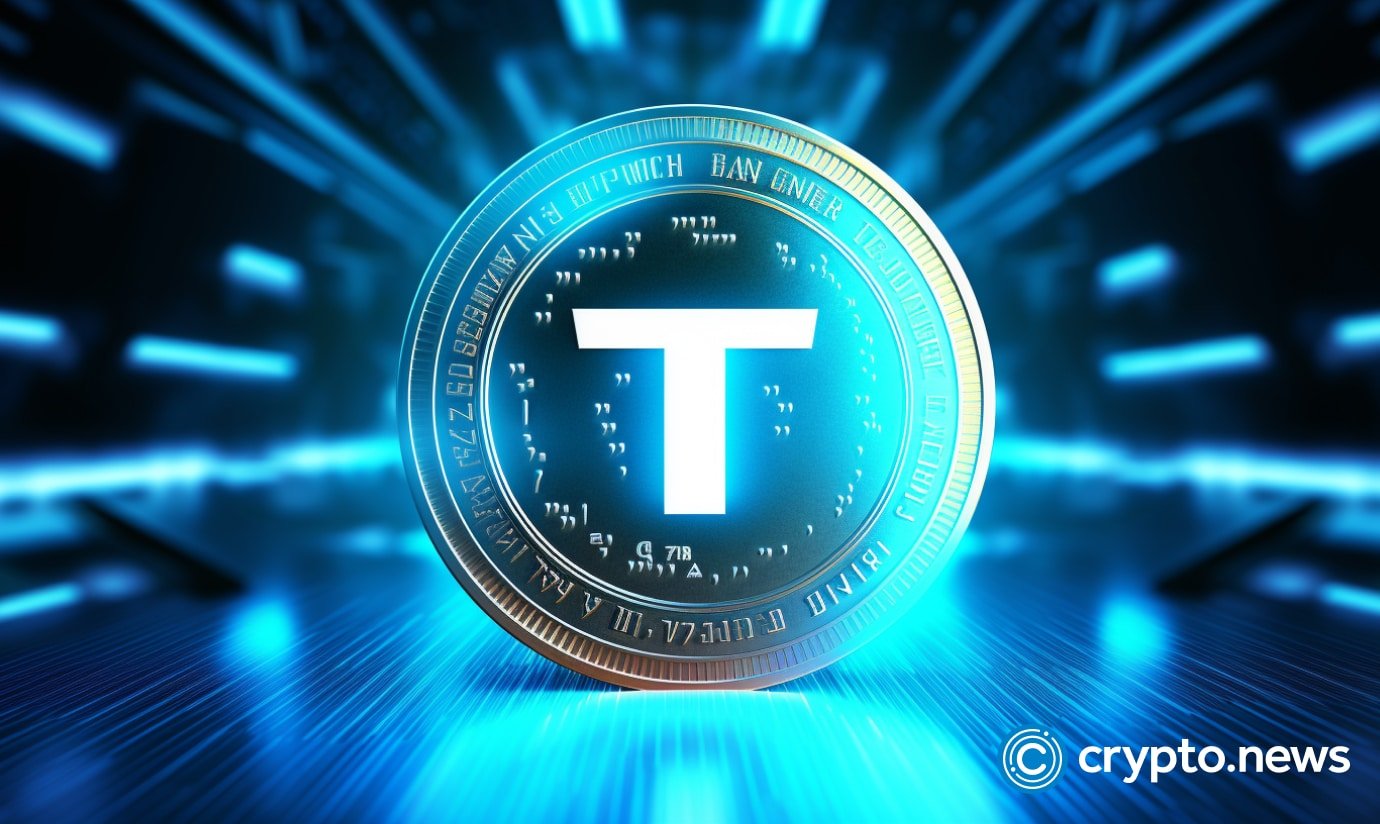
Tether’s USDT stablecoin is fueling a surge in scams in Asia, a recent report from the UN’s office on drugs and crime says.
According to a report seen by the Financial Times, USDT has become a key tool among criminal gangs in Southeast Asia, many of whom are using the stablecoin for money laundering and to operate illegal online gambling platforms.
“Online gambling platforms, especially those operating illegally, have emerged as among the most popular vehicles for cryptocurrency-based money launderers, particularly for those using Tether.”
The United Nations Office on Drugs and Crime
While the scale of USDT’s involvement in illegal cases is not explicitly addressed, the UN’s office on drugs and crime noted a “rapidly growing use of sophisticated, high-speed money laundering […] teams specializing in underground tether” in recent years.
The Financial Times also mentioned one case where one money laundering syndicate operating in Myanmar and Cambodia even had a sign on a busy street advertising USDT to exchange “black” tokens for cash.
Despite the increasing use of USDT by criminal groups in Asia, Tether, the issuer of the stablecoin, appears willing to collaborate with U.S. law enforcement and regulatory authorities. In December 2023, the stablecoin issuer expressed its commitment to intensifying efforts against illicit crypto transactions, sharing relevant information with members of the U.S. House Financial Services Committee and U.S. Senate Committee on Banking, Housing and Urban Affairs.
Data from Dune Analytics reveals that Tether has banned over 1,260 addresses associated with illicit activity, with the total USDT in banned wallets surpassing $875 million so far.

















